中文
ENGLISH
中文
ENGLISH
Mass production
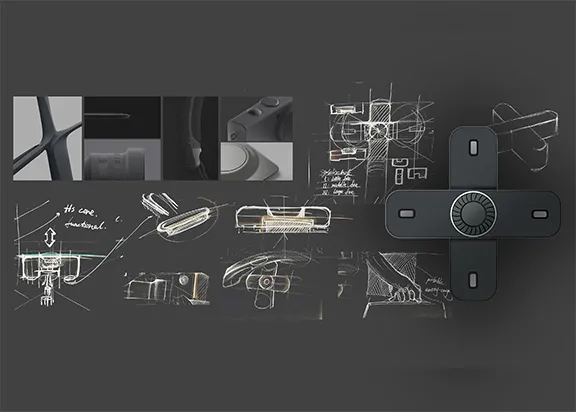
What Is Mass Production?
Mass production is the manufacturing of large quantities of standardized products, often using assembly lines or automation technology. Mass production facilitates the efficient production of a large number of similar products.
Mass production is also referred to as flow production, repetitive flow production, series production, or serial production.
In mass production, mechanization is used to achieve high volume, detailed organization of material flow, careful control of quality standards, and division of labor. Precision vowin.cn/en/News/news1251.html' target='_blank'>machining equipment has led to large-scale demand for mass-produced products created cheaply with small workforces.
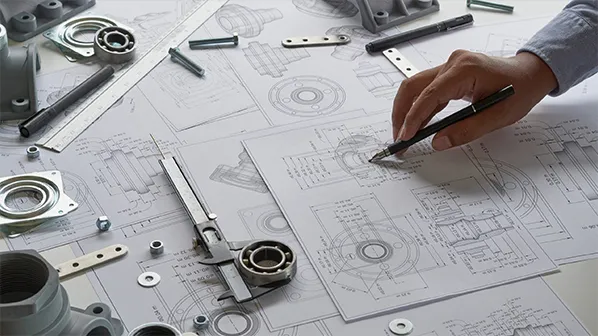
Stable demand 10000 Quantity
When a product design is mature and the market satisfaction is high, a small amount of goods in the market will be in short supply, and a stable monthly amount is urgently needed to make up for the vacancy in the market, so the number will increase steadily within a certain period of time.And it will be popular with people, and the sales volume will increase day by day. It needs to be mass-produced to meet the market demand.
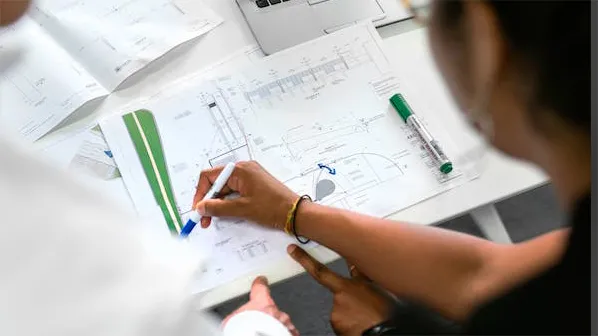
Economical product unit price
After the formal steel mold is ready, the unit price of the product will be very cheap, and more and more people will buy it. Because of the maturity of the product, the use effect has reached the best, and the cost is also controlled to the lowest.
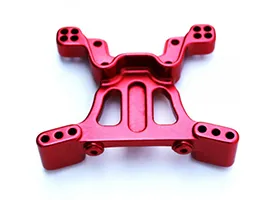
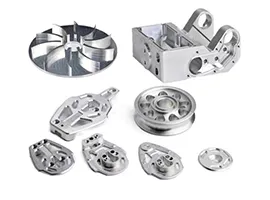
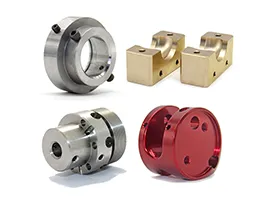
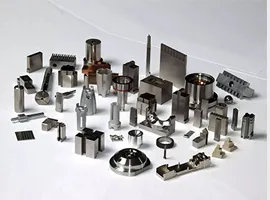
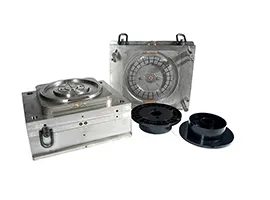
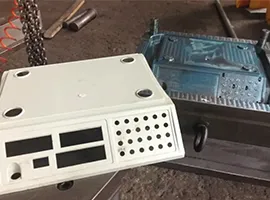
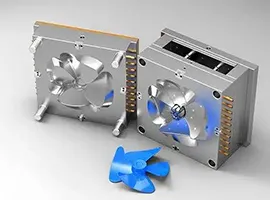
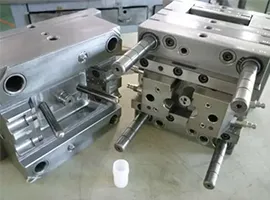
FAQ
1.How to deal with surface treatment problems?
Sample color identification and dispensing ensure batch color consistency, strengthen manual inspection, avoid the defective products.
2.What is the best pre-treatment for prepping Aluminium castings?
Sandblasting Aluminium castings prior to finish is most common. E-coating would be a great economical operation. Chemical film is another treatment. It acts as an excellent primer for wet coat finishes on Aluminium.
3.How surface finishing works?
Almost all surface finishing processes improve either the aesthetic appearance of the product or its mechanical or chemical properties. Each surface finishing process achieves this in a slightly different way.
4.How much material is removed during the Sandblasting process?
During the Sandblasting process, the surface of a part is peened off, no part material is removed or lost at all. This process is typically used to soften parting lines or eliminate any sharp edges that could impact your line workers in the assembly process. It can also be used to give a uniform finish.
5.What the benefits of surface finishes?
Improve the appearance of your finished products, Improve resistance to wear and tear, Ensure good adhesion of paint, Meet your brand requirements...


